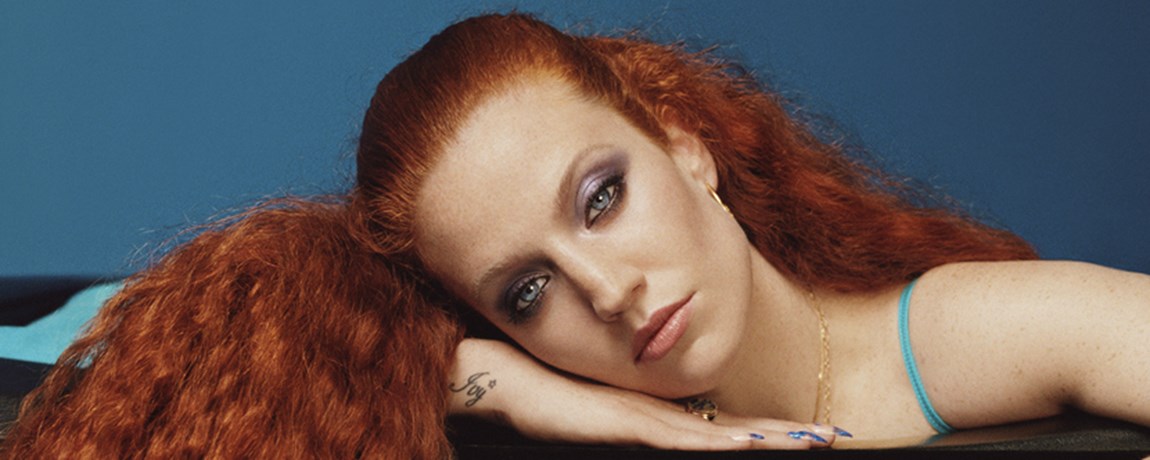Is it fair to ban Jess Glynne from a festival for life for mental health issues?
This week singer Jess Glynne has been a hub of controversy for dropping out of her concert at the Isle of Wight festival last minute. Is the accusatory vitriol in response justified?
The weekend just gone saw the Isle of Wight’s notorious festival take place following it’s triumphant revival in 2002. The weekend wasn’t without hitches however as one of the biggest acts set to play, Jess Glynne, had to pull out just moments before her set.
Immediately following the cancellation the festival’s boss, John Giddings, hit out at the artist. He described her behaviour as “shocking”, claiming that Glynne showed “no regard for people that bought a ticket”. Giddings then eliminated any future possibility to work together again, saying: “She will never be booked to play the Isle of Wight again.”
Bad for the promoters; bad for the fans. It’s easy to see why the last minute drop-out ruffled feathers. But is it fair to respond so negatively to Glynne’s actions? It depends on the reason and according to Jess Glynne herself, she had to pull out due to her own mental health.
In a statement Glynne said: “I am a human being and I can’t help that my body sometimes gives up on me. I came all the way I got ready and was about to head to stage but I just couldn’t do it. I was incredibly weak and full of anxiety.”
She apologised saying: “I am so so gutted, sorry and upset that I couldn’t perform yesterday.” Whilst there are claims she was “partying” with the Spice Girls until 7am, punishing Glynne for acting in the benefit of her own mental health sets a dangerous precedent.
Mental health is an issue that is becoming less stigmatised each year. It has become particularly prominent in the music industry with the suicides of artists such as Chris Cornell, Chester Bennington and Avicii. We have seen that not only do artists struggle just the same with their mental health, but in many cases can be worse affected with so much pressure put on them.
No one wants to travel to see an artist they love and be let down. But as Glynne explains: “I’m sure many of you out there haven’t been well a day in your life and not been able to go to work. Well, I’m no different to you! … Kills me having to explain myself but I’ve just seen so much negativity online and in the press and it’s so frustrating and a load of bullshit and I refuse to be made to feel like a bad person.”
We need to support and understand artists when these issues come to light. Mental health problems can happen to any of us and we all know far to well the horrible outcome of an artist coping to struggle.
